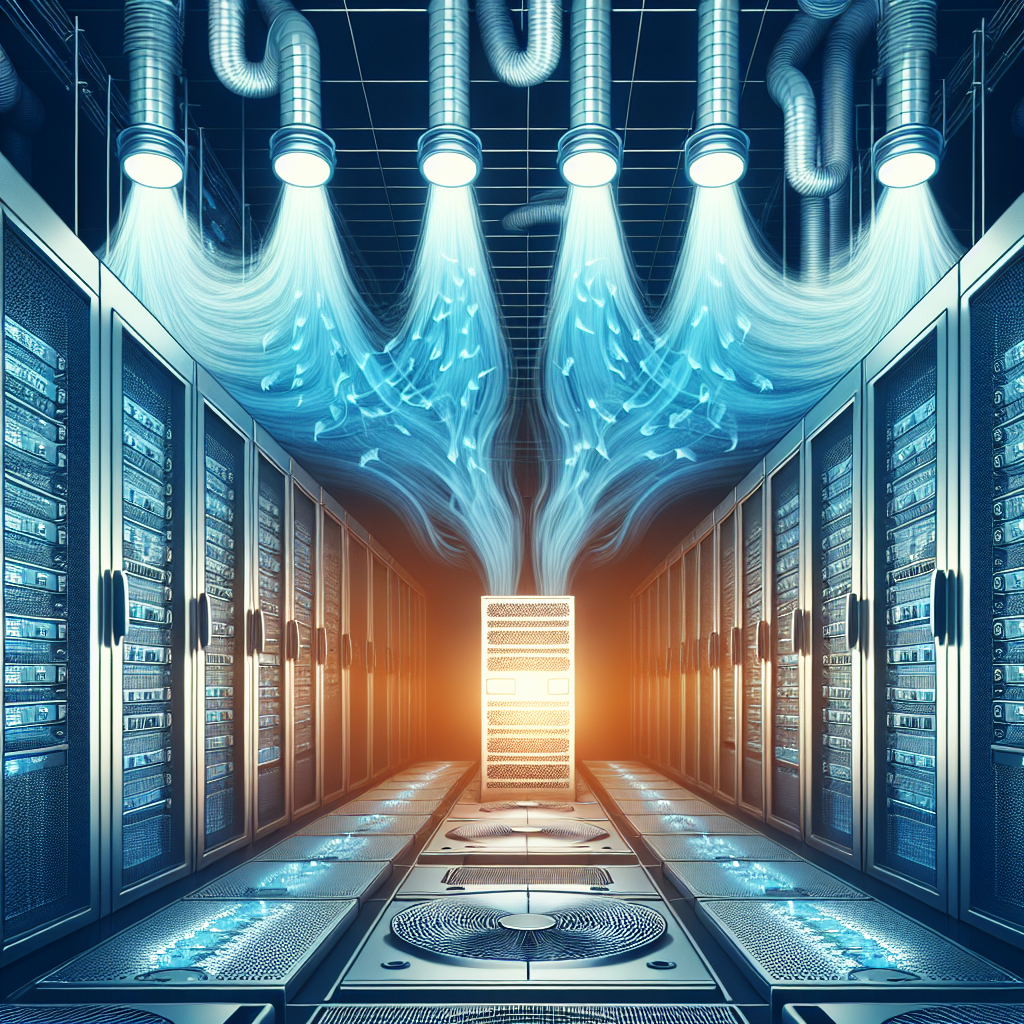Data centers are essential for businesses and organizations to store, manage, and process large amounts of data. With the increasing demand for digital services and the growing volume of data generated daily, data centers play a crucial role in ensuring that information is accessible and secure.
One of the key factors that determine the performance of a data center is cooling. Data centers house numerous servers and networking equipment that generate heat during operation. Without proper cooling systems in place, the temperature inside a data center can rise rapidly, leading to equipment malfunction, downtime, and potential data loss.
Understanding the role of cooling in data center performance is essential for data center managers and operators to optimize efficiency and maintain reliability. Here are some key aspects to consider:
1. Cooling System Design: Data center cooling systems are designed to remove heat generated by servers and other equipment efficiently. There are various types of cooling systems, including air-based cooling, liquid cooling, and hybrid systems. The choice of cooling system depends on factors such as the size of the data center, the density of equipment, and energy efficiency requirements.
2. Airflow Management: Proper airflow management is crucial for maintaining optimal temperatures within a data center. Cold air must be directed towards servers and equipment, while hot air must be removed efficiently. Implementing hot and cold aisle containment, using blanking panels and cable management systems, and optimizing server rack layout can help improve airflow and prevent hot spots.
3. Temperature and Humidity Control: Data center operators must monitor and control temperature and humidity levels to ensure equipment operates within recommended limits. Cooling systems should be able to adjust cooling capacity based on the load and environmental conditions to maintain a stable operating environment.
4. Energy Efficiency: Cooling systems account for a significant portion of the energy consumption in data centers. To improve energy efficiency and reduce operating costs, data center operators can implement strategies such as using free cooling, optimizing airflow, and deploying energy-efficient cooling equipment.
5. Monitoring and Maintenance: Regular monitoring and maintenance of cooling systems are essential to prevent downtime and equipment failures. Data center operators should conduct routine inspections, clean air filters, check refrigerant levels, and address any issues promptly to ensure optimal performance.
In conclusion, cooling plays a critical role in data center performance and reliability. By understanding the importance of cooling system design, airflow management, temperature control, energy efficiency, and maintenance, data center operators can ensure that their facilities operate efficiently and effectively. Proper cooling is essential for protecting valuable data, minimizing downtime, and maximizing the lifespan of equipment in data centers.


Leave a Reply